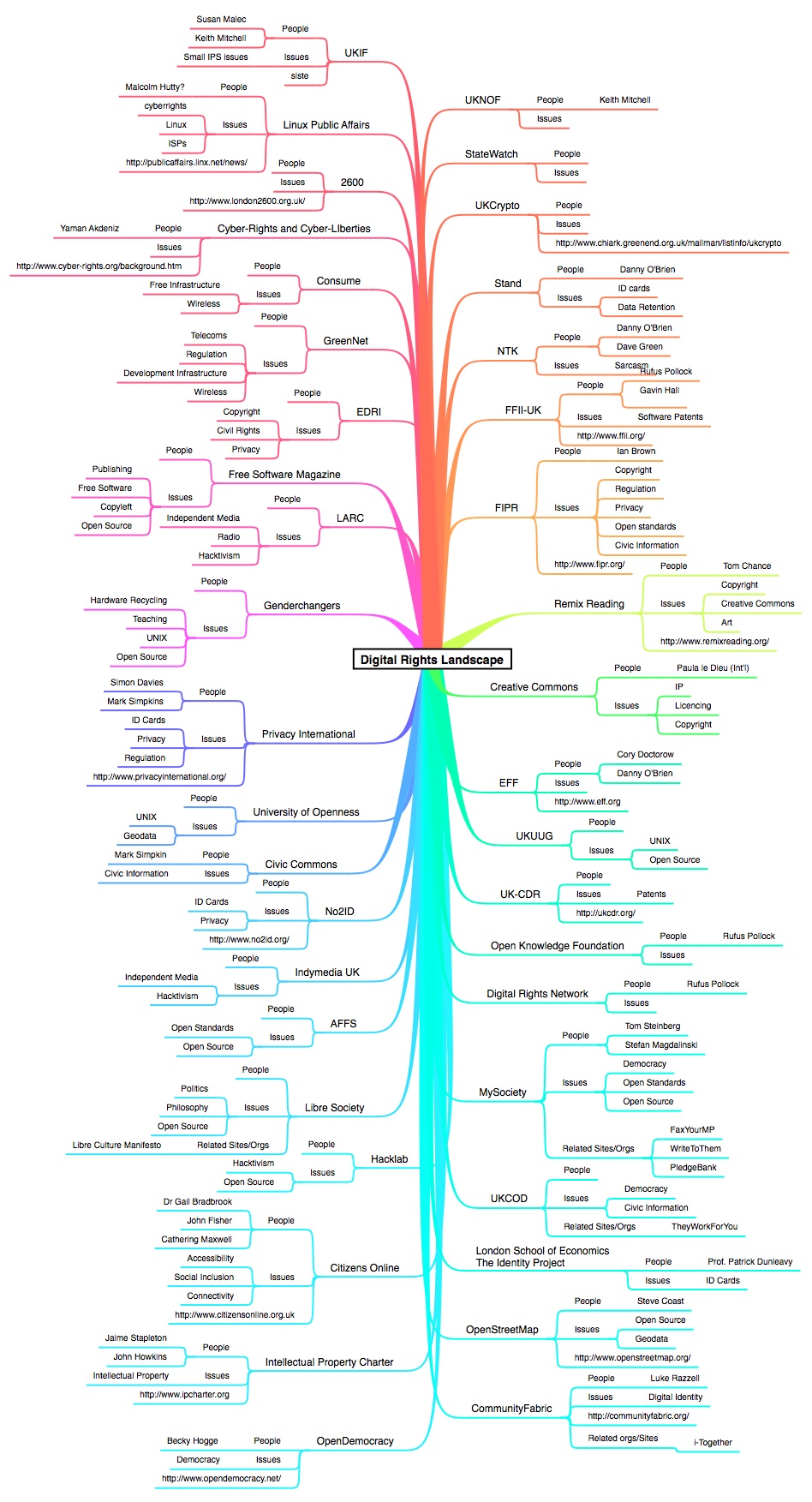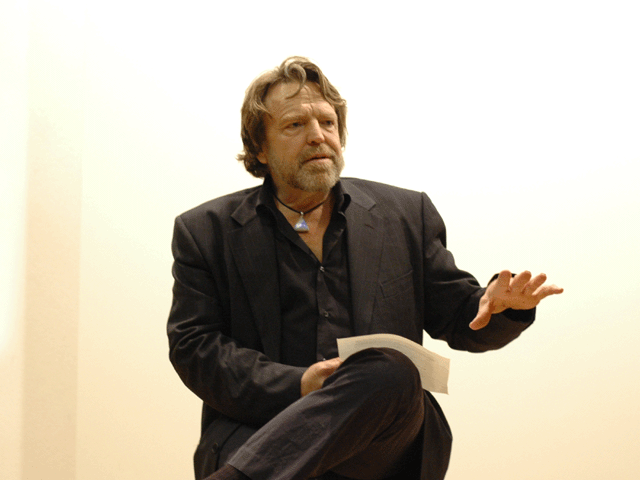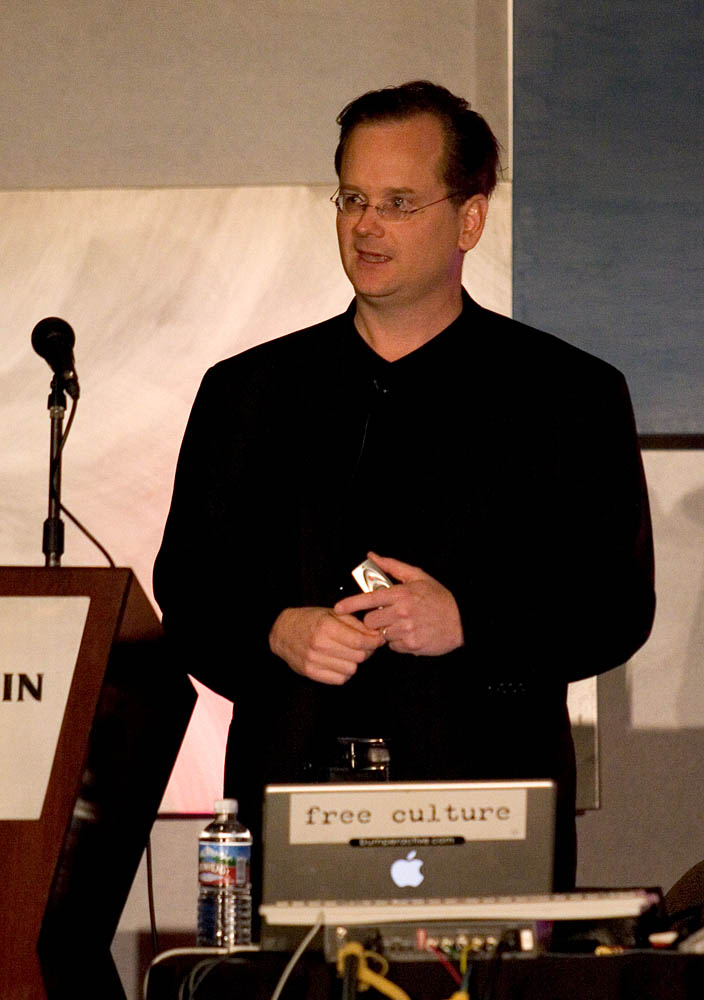|
Icelandic Digital Freedom Society
The Icelandic Digital Freedom Society (Icelandic abbreviation: FSFÍ), and also known as the Icelandic Society for Digital Freedoms, is an association aimed at providing legal support for digital freedoms in Iceland. FSFÍ is based out of Reykjavík, Iceland and was co-founded by Smári McCarthy, Tryggvi Björgvinsson, Hallgrímur H. Gunnarsson, Steinn E. Sigurðarson and Freyr G. Ólafsson. __TOC__ History Founded in early 2008, FSFÍ started the annual Reykjavík Digital Freedoms Conference in 2008 and organized the annual Nordic Perl Workshop in November 2010. Projects Reykjavík Digital Freedoms Conference The RDFC, "A Conference on Open Access and Digital Rights", is an annual conference held in Reykjavík, Iceland. RDFC has hosted prominent speakers such as Glyn Moody and John Perry Barlow Icelandic Modern Media Initiative The notion of the IMMI was first considered at the FSFÍ's first Reykjavík Digital Freedoms Conference in 2008. Creative Commons Iceland Initiated in D ... [...More Info...] [...Related Items...] OR: [Wikipedia] [Google] [Baidu] |
Digital Rights
Digital rights are those human rights and legal rights that allow individuals to access, use, create, and publish digital media or to access and use computers, other electronic devices, and telecommunications networks. The concept is particularly related to the protection and realization of existing rights, such as the right to privacy and freedom of expression, in the context of digital technologies, especially the Internet. The laws of several countries recognize a right to Internet access. Human rights and the Internet A number of human rights have been identified as relevant with regard to the Internet. These include freedom of expression, privacy, and freedom of association. Furthermore, the right to education and multilingualism, consumer rights, and capacity building in the context of the right to development have also been identified. According to an editorial in the journal ''La Civilta Cattolica'' the Internet is a global public good that should be accessi ... [...More Info...] [...Related Items...] OR: [Wikipedia] [Google] [Baidu] |
Reykjavík
Reykjavík ( ; ) is the capital and largest city of Iceland. It is located in southwestern Iceland, on the southern shore of Faxaflói bay. Its latitude is 64°08' N, making it the world's northernmost capital of a sovereign state. With a population of around 131,136 (and 233,034 in the Capital Region), it is the centre of Iceland's cultural, economic, and governmental activity, and is a popular tourist destination. Reykjavík is believed to be the location of the first permanent settlement in Iceland, which, according to Landnámabók, was established by Ingólfr Arnarson in 874 CE. Until the 18th century, there was no urban development in the city location. The city was officially founded in 1786 as a trading town and grew steadily over the following decades, as it transformed into a regional and later national centre of commerce, population, and governmental activities. It is among the cleanest, greenest, and safest cities in the world. History According to legend ... [...More Info...] [...Related Items...] OR: [Wikipedia] [Google] [Baidu] |
Iceland
Iceland ( is, Ísland; ) is a Nordic island country in the North Atlantic Ocean and in the Arctic Ocean. Iceland is the most sparsely populated country in Europe. Iceland's capital and largest city is Reykjavík, which (along with its surrounding areas) is home to over 65% of the population. Iceland is the biggest part of the Mid-Atlantic Ridge that rises above sea level, and its central volcanic plateau is erupting almost constantly. The interior consists of a plateau characterised by sand and lava fields, mountains, and glaciers, and many glacial rivers flow to the sea through the lowlands. Iceland is warmed by the Gulf Stream and has a temperate climate, despite a high latitude just outside the Arctic Circle. Its high latitude and marine influence keep summers chilly, and most of its islands have a polar climate. According to the ancient manuscript , the settlement of Iceland began in 874 AD when the Norwegian chieftain Ingólfr Arnarson became the first ... [...More Info...] [...Related Items...] OR: [Wikipedia] [Google] [Baidu] |
Smári McCarthy
Smári McCarthy (; born 7 February 1984) is an Icelandic-Irish politician, innovator and information activist known for his work relating to direct democracy, transparency and privacy. Early life McCarthy was born in Reykjavík, Iceland, the son of Kolbrún Óskarsdóttir and Eugene McCarthy. His mother is Icelandic while his father is Irish. At age one, his family moved to England. At age 9, they returned to Iceland, settling in Vestmannaeyjar, a town and archipelago off the south coast. He studied mathematics at the University of Iceland, but left to get involved with the digital fabrication movement. Career McCarthy got involved in the digital fabrication movement in 2007 and was involved in the creation of the first Icelandic fab lab in Vestmannaeyjar. He has worked with Fab Labs elsewhere, including Jalalabad, Afghanistan. The same year, McCarthy proposed the Shadow Parliament Project, a project intending to "crowdsource democracy". In an essay outlining the project, ... [...More Info...] [...Related Items...] OR: [Wikipedia] [Google] [Baidu] |
Open Access
Open access (OA) is a set of principles and a range of practices through which research outputs are distributed online, free of access charges or other barriers. With open access strictly defined (according to the 2001 definition), or libre open access, barriers to copying or reuse are also reduced or removed by applying an open license for copyright. The main focus of the open access movement is "peer reviewed research literature". Historically, this has centered mainly on print-based academic journals. Whereas non-open access journals cover publishing costs through access tolls such as subscriptions, site licenses or pay-per-view charges, open-access journals are characterised by funding models which do not require the reader to pay to read the journal's contents, relying instead on author fees or on public funding, subsidies and sponsorships. Open access can be applied to all forms of published research output, including peer-reviewed and non peer-reviewed academic journal ... [...More Info...] [...Related Items...] OR: [Wikipedia] [Google] [Baidu] |
Digital Rights
Digital rights are those human rights and legal rights that allow individuals to access, use, create, and publish digital media or to access and use computers, other electronic devices, and telecommunications networks. The concept is particularly related to the protection and realization of existing rights, such as the right to privacy and freedom of expression, in the context of digital technologies, especially the Internet. The laws of several countries recognize a right to Internet access. Human rights and the Internet A number of human rights have been identified as relevant with regard to the Internet. These include freedom of expression, privacy, and freedom of association. Furthermore, the right to education and multilingualism, consumer rights, and capacity building in the context of the right to development have also been identified. According to an editorial in the journal ''La Civilta Cattolica'' the Internet is a global public good that should be accessi ... [...More Info...] [...Related Items...] OR: [Wikipedia] [Google] [Baidu] |
Glyn Moody
Glyn Moody is a London-based technology writer. He is best known for his book '' Rebel Code: Linux and the Open Source Revolution'' (2001). It describes the evolution and significance of the free software and open source movements with interviews of hackers. His writings have appeared in ''Wired'', ''Computer Weekly'', ''Linux Journal'', and ''Ars Technica ''Ars Technica'' is a website covering news and opinions in technology, science, politics, and society, created by Ken Fisher and Jon Stokes in 1998. It publishes news, reviews, and guides on issues such as computer hardware and software, sc ...''. In 2009, he criticised the software education policy of the government of José Luís Rodríguez Zapatero on his blog''.'' Selective bibliography * Digital Code of Life: How Bioinformatics is Revolutionizing Science, Medicine, and Business by Glyn Moody (Hardcover - Feb 3, 2004) * Rebel Code: Linux and the Open Source Revolution by Glyn Moody (Paperback - Jul 15, 2002) ... [...More Info...] [...Related Items...] OR: [Wikipedia] [Google] [Baidu] |
John Perry Barlow
John Perry Barlow (October 3, 1947February 7, 2018) was an American poet, essayist, cattle rancher, and cyberlibertarian political activist who had been associated with both the Democratic and Republican parties. He was also a lyricist for the Grateful Dead, a founding member of the Electronic Frontier Foundation and the Freedom of the Press Foundation, and an early fellow at Harvard University's Berkman Klein Center for Internet & Society. Early life and education Barlow was born in Sublette County, Wyoming near the town of Cora, the only child of Norman Walker Barlow (1905–1972), a Republican state legislator, and his wife, Miriam Adeline Barlow ( Jenkins, later Bailey; 1905–1999), who married in 1929. Barlow's paternal ancestors were Mormon pioneers. He grew up on Bar Cross Ranch in Cora, Wyoming, a property his great-uncle founded in 1907, and attended elementary school in a one-room schoolhouse. Raised as a devout Mormon, he was prohibited from watching televis ... [...More Info...] [...Related Items...] OR: [Wikipedia] [Google] [Baidu] |
Free Culture Movement
The free-culture movement is a social movement that promotes the freedom to distribute and modify the creative works of others in the form of free content or open content without compensation to, or the consent of, the work's original creators, by using the Internet and other forms of media. The movement objects to what it considers over-restrictive copyright laws. Many members of the movement argue that such laws hinder creativity. They call this system " permission culture". The free-culture movement, with its ethos of free exchange of ideas, is aligned with the free and open-source-software movement, as well as other movements and philosophies such as open access (OA), the remix culture, the hacker culture, the access to knowledge movement, the copyleft movement and the public domain movement. History Precursors In the late 1960s, Stewart Brand founded the '' Whole Earth Catalog'' and argued that technology could be liberating rather than oppressing.. He coined ... [...More Info...] [...Related Items...] OR: [Wikipedia] [Google] [Baidu] |
Creative Commons
Creative Commons (CC) is an American non-profit organization and international network devoted to educational access and expanding the range of creative works available for others to build upon legally and to share. The organization has released several copyright licenses, known as Creative Commons licenses, free of charge to the public. These licenses allow authors of creative works to communicate which rights they reserve and which rights they waive for the benefit of recipients or other creators. An easy-to-understand one-page explanation of rights, with associated visual symbols, explains the specifics of each Creative Commons license. Content owners still maintain their copyright, but Creative Commons licenses give standard releases that replace the individual negotiations for specific rights between copyright owner (licensor) and licensee, that are necessary under an " all rights reserved" copyright management. The organization was founded in 2001 by Lawrence Lessig, ... [...More Info...] [...Related Items...] OR: [Wikipedia] [Google] [Baidu] |
Intellectual Property Activism
An intellectual is a person who engages in critical thinking, research, and reflection about the reality of society, and who proposes solutions for the normative problems of society. Coming from the world of culture, either as a creator or as a mediator, the intellectual participates in politics, either to defend a concrete proposition or to denounce an injustice, usually by either rejecting or producing or extending an ideology, and by defending a system of values. Etymological background "Man of letters" The term "man of letters" derives from the French term '' belletrist'' or ''homme de lettres'' but is not synonymous with "an academic". A "man of letters" was a literate man, able to read and write, as opposed to an illiterate man in a time when literacy was rare and thus highly valued in the upper strata of society. In the 17th and 18th centuries, the term ''Belletrist(s)'' came to be applied to the ''literati'': the French participants in—sometimes referred to ... [...More Info...] [...Related Items...] OR: [Wikipedia] [Google] [Baidu] |
Science And Technology In Iceland
Science and technology in Iceland is well developed with the presence of several universities and research institutes. Iceland was ranked 20th in the Global Innovation Index in 2022. Government policy Science and technology in Iceland are regulated by the Science and Technology Policy Council, which is chaired by the Prime Minister. In 2021, the government spent 28billion ISK on research, a 130% increase over spending in 2017. See also * Economy of Iceland * Education in Iceland References {{Europe topic, Science and technology in ... [...More Info...] [...Related Items...] OR: [Wikipedia] [Google] [Baidu] |




.jpg)
